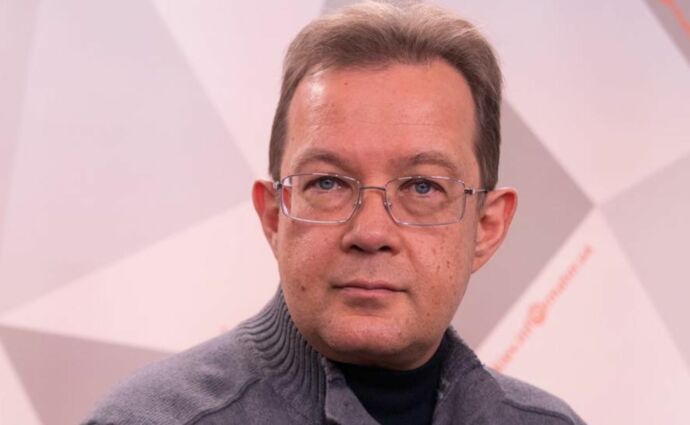Russians are getting deeper and deeper into debt and cannot pay off their loans. Oleg Pendzyn, executive director of the Economic Discussion Club, told about this today, November 30, on the air of FREEDOM TV channel.
“There are certain economic laws that say what should happen to the incomes of citizens and what should be the ratio of incomes to resources and loans involved. If you have an 8% increase in nominal incomes and a 32% increase in borrowed resources, including mortgages, if you have a steady increase in the number of people who are unable to service their loans… As of mid-2023, the total number of people , who had overdue loans, was about 18 million people. This is despite the fact that in 2020 there were 9 million of them. That is, in 3 years the number has practically doubled. This shows that Russian citizens are seriously digging into the debt hole,” he said.
According to Pendzin, the majority of Russians hope that their loans will be written off somehow. Against this background, credit debt is growing, and debts are putting more and more pressure on Russian citizens.
The economist reminded that the Russian Federation intends to spend 120 billion dollars from the budget on the war against Ukraine in 2024. is 30% of GDP.
“Therefore, naturally, in the future, regardless of what will be said and how they will say, the process of deterioration of the financial condition of Russian citizens will continue. Because if you spend on war, you don’t spend on social support, you don’t spend on national programs. And so, most likely, after the spring, the Russian budget will face a serious sequestration through a sharp reduction of those funds that will be allocated for social needs. I think that by spring and before the elections, we will most likely see formal processes of demonstrating social support, which will be sharply curtailed after the so-called elections are over,” predicts the economist.













